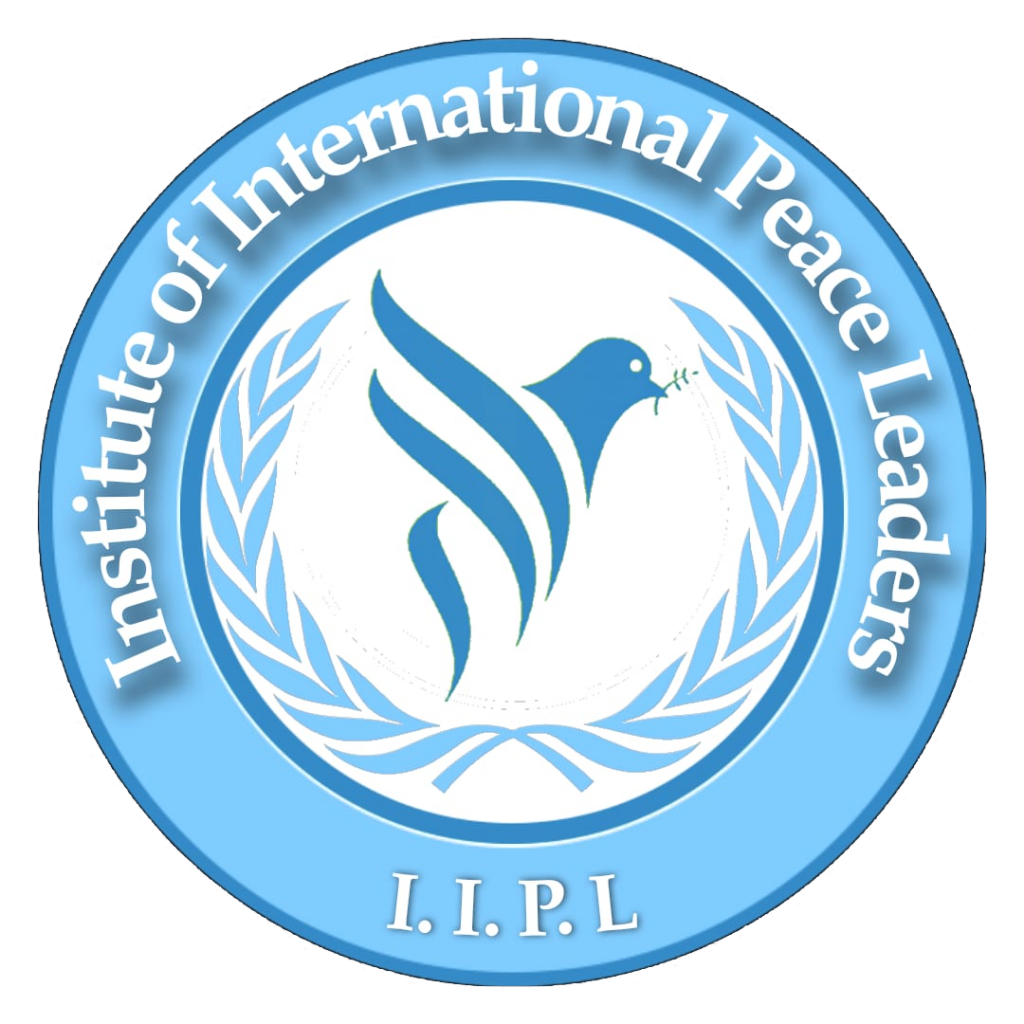What is antimicrobial drug resistance? Why you should be aware and how you can help?
By Imran Ahmed and Dr. Austin Mardon
The gradual increase in the number of pathogens, such as bacteria and viruses, has become a growing concern in the world of medicine and has become a top ten global health threat against humanity.
Although a conversation on this topic may seem to be irrelevant to the average person, there are critical impacts that this crisis can have on public health and there are many ways that people can help individually to mitigate this problem. According to the World Health Organization (WHO), antimicrobial resistance, or AMR, occurs when bacteria, viruses, parasites and other pathogens change over time and are no longer affected by medication. Thus, leading to a greater risk of infection, spread, severe illness and death.
The causes of AMR can be traced back to several sources. The main causes being the over-prescribing of antimicrobials, patients not finishing antimicrobial medication, overuse of antimicrobials in fish and livestock farming, poor infection control in hospitals and clinics, lack of access to clean water and hygiene etc.
The impact of these changes in pathogens continues to be amplified by the fact that the pipeline of novel antimicrobial drugs has been dwindling. According to WHO, in 2019, they identified only 6 of 32 antibiotics that were able to be classified as ‘innovative’.
The impact that this development has on the life of the average person makes the stay of a patient in a hospital more prolonged and thus increases the amount of governmental spending on ensuring that the healthcare system remains stable. Also, medical procedures such as surgeries, cancer chemotherapy, organ transplantation, hip replacements etc. become evermore risky as antibiotics used to treat any infections will be ineffective and may prevent life-saving operations from being done.
AMR is a multifaceted problem that requires a holistic approach to solving. What the WHO dubs as the “One Health” approach is the idea of bringing together multiple sectors and stakeholders that have a vested interest in human, terrestrial and aquatic animal and plant health to design and implement policies, legislation and programs to achieve better public health outcomes. Increasing public awareness is also a vital component of being able to address this crisis. World Antimicrobial Awareness Week (WAAW) is a global initiative that aims to raise awareness to antimicrobial resistance and encourage best practices among the general public, healthcare workers and policy makers to slow the development of drug-resistant infections.
Most importantly, there are many ways that the general public can help deter the spread of antimicrobial resistance. Some of simplest ways that an individual can do to help antibiotic resistance as outlined by the Minnesota Department of Health include preventing infection through hand washing, food safety and vaccination. Responsible use of antibiotics is also something of high importance. Taking the prescribed antibiotics as directed with the right dosages and time intervals is extremely important as missing doses leads to an increased risk of bacteria mutating and developing antibiotic resistance.
All in all, antimicrobial resistance is a matter that needs to be brought to everyone’s attention as it will have massive ramifications on our healthcare system. Not only the government, but the general public needs to do their part to keep everyone safe.
About Writers:
Imran Ahmed is a student in the Faculty of Science at McMaster University. Austin Mardon, PhD, CM, FRSC, is an Adjunct Professor in the Faculty of Medicine and Dentistry at the University of Alberta.
